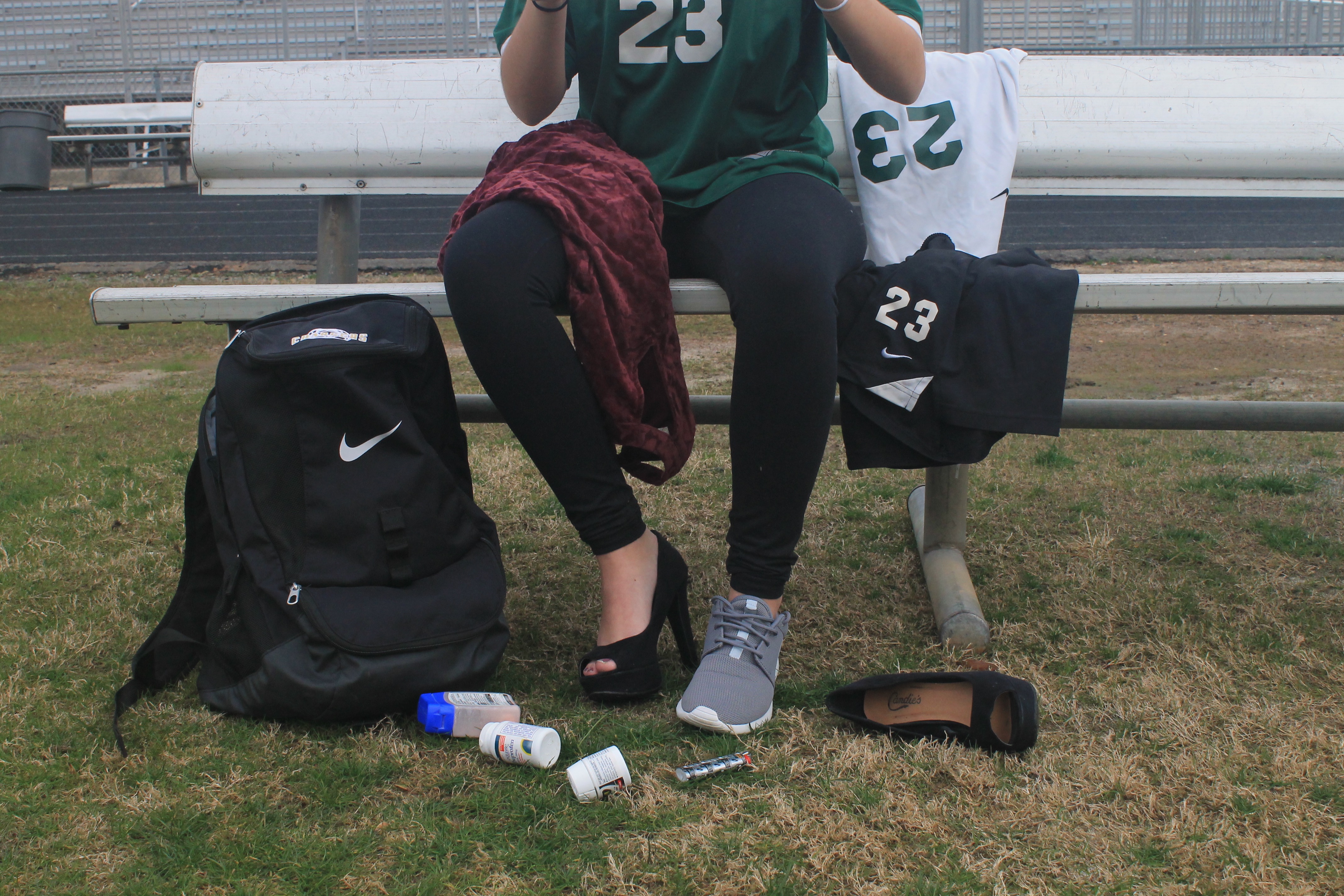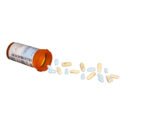It is a Friday night and an athlete is hanging out with his friends. His best friend offers him a drink, and he takes the drink willingly, even though it may affect his performance in the future.
The late nights out, drug use and ingestion of alcohol could have a negative effect on high school athletes’ ability to perform well, yet many athletes continue to engage in these habits outside of school.
According to a study conducted by the Institute of Social Research at the University of Michigan, high school athletes are more likely to drink alcohol than non-athlete high school students. The study also revealed that non-athletes are more likely to smoke and use drugs than athletes.
Northwood’s athletes have mixed feelings about whether doing drugs and drinking alcohol has severe negative impacts on performing well at games and practice.
Senior Tory Adams, whose name has been changed, says she has attended her travel soccer team’s practice multiple times either hungover or under the influence of drugs. Adams has used a variety of drugs, including marijuana, cocaine, Xanax and LSD.
“It was not fun at all, and I did not want to be there, so I was not in a positive mindset,” Adams said. “I was not doing anything to improve my practice; I was just doing something to get through the practice. It was not an enjoyable experience and I don’t think my team improved from it and I didn’t improve from it; it was just kind of a waste of time.”
Senior Carson Shaner says she has remained loyal to her morals of staying sober throughout high school. Shaner has recently signed to play softball next fall at the University of North Carolina-Wilmington.
“It is just not good for you in any way and it does not enhance your performance,” Shaner said. “People might think that it is fun, but there are a lot of negative consequences that outweigh the positive.”
Senior Aaron Edwards, whose name has been changed, has been playing his sport for the past 14 years and has been smoking marijuana since seventh grade. Edwards does not believe that doing drugs and drinking alcohol influences how he performs.
“I do limit how much I do during the season, but I have never really noticed me playing worse after a party,” Edwards said. “I have gone out extremely late the night before a game but then I play pretty well the next day. So I have never thought that it is limiting me a lot.”
Senior Matt Oldham is hoping to play collegiate baseball next year. Oldham says he has refrained from doing drugs and drinking alcohol throughout high school.
“It is stupid to do drugs,” Oldham said. “Why would you do that to your body? And with alcohol, it is the same thing: Why would you want to hurt your body and prevent you from doing your best in your sport?”
Adams believes that her choice of attending practice under the influence of drugs affected her and her team’s ability to improve.
“I think it is definitely an irresponsible move on my part,” Adams said. “I am not able to put in 100 percent at practice and so my team is not able to get 100 percent out of me, so we are not able to work together and improve together because I am not all there and they are.”
Jackie Harpham has been a sports medicine teacher at Northwood for three years and attends between three and four Northwood sporting events each week.
“A lot of drugs and alcohol, if they are depressants, can slow your reaction time,” Harpham said. “So that would be dangerous during a sport because it could make you more likely to get injured if you are not at your fullest and quickest reaction time to respond to a ball or a person coming your way or something that could cause an injury.”
Head baseball coach Rick Parks has told his players to make smart decisions when they are outside of Northwood.
“Obviously we don’t endorse that type of illegal or bad behavior,” Parks said. “To say that it does not happen at all with my kids or with any athletes at Northwood would be making a pretty bold prediction. We are just trying to make sure that they are aware of the dangers of it and try to help them make good decisions.”
Despite Edwards’ belief that doing drugs and drinking alcohol does not affect his ability to play well, he believes that he would stop his habits if he noticed it negatively impacting his performance.
“If my coach [found out] and were to ask me to stop, or if I noticed I was playing worse because I was going out and partying and drinking, then I would stop, but I have never noticed it really affecting me,” Edwards said.
Even though parties have a large impact on Adams’ life, she believes that there are other things to enjoy that are more beneficial than attending parties.
“I think partying is a big aspect of your life right now as a teenager in high school, but it is not as important later in life,” Adams said. “I think it is important to focus on what makes you happy and more positive things. You have to think about what you get out of each situation; what you get out of being drunk at practice, or just being drunk for an afternoon, or what you get out of improving with your team and the whole overall experience with the team. Sports can have a really positive impact on students’ and people’s lives and I think it is important to put that into perspective and value that over just the good feeling that you have for an hour because you are under the influence.”
– By Sarah Helen Shepherd



